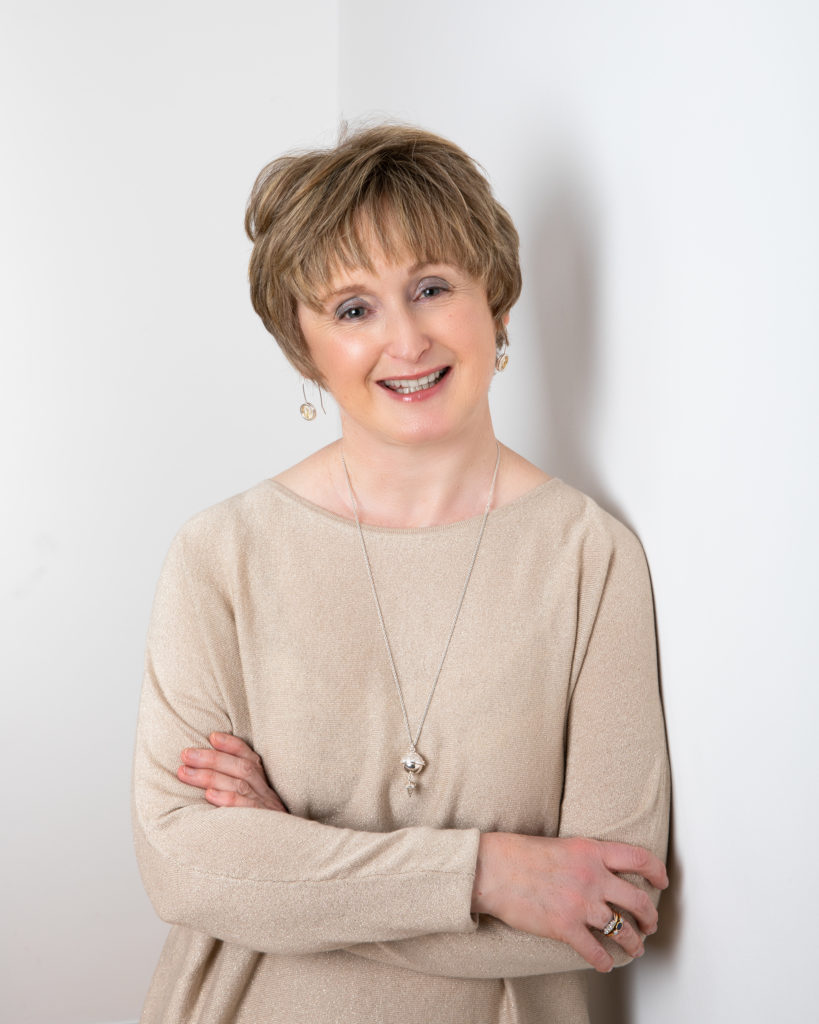Takeaway
Excellent clinicians recognize that sometimes the opportunity to make a difference in the lives of patients comes in the most unexpected moments.

Connecting with Patients | March 3, 2020 | 3 min read
By Gaye Cunnane, MD, PhD, Trinity College Dublin
The practice of medicine is not just about diagnosis and treatment—although these are vital parts of our privileged job. Countless studies have shown the benefits to patients, families, and clinicians themselves, of “rapport,” that essential component of compassion and connection with those around us.
Stress and fatigue, hunger and dehydration, or simply being too busy—daily experiences for many clinicians—can get in the way of building rapport. Patients who perceive their clinician to be less than fully engaged or sympathetic to their plight show reduced compliance with medical recommendations.
Compassion has many interpretations, but to me, it is kindness in action. It’s not a passive word—for example, it’s not pity. It’s the ability to observe a situation and make a difference. And the difference doesn’t have to be large, just big enough to be meaningful.
One Monday morning, as I was writing up some notes with my clinic door open, I was struck by a conversation I overheard between my secretary and a well-known patient (I’ll call her Margaret). Margaret and I had crossed paths the day before while we were both in Dublin city center, away from the hospital. She was sitting on a bench smoking a cigarette, which to my amusement, she tried to hide. We had a nice chat about the weather and our weekend plans, and then I went on my way.
“I can’t believe the doctor actually stopped to talk to me, I didn’t expect it,” Margaret said later to my secretary.
“Of course,” my secretary replied. “She’s very ordinary.”
Ordinary? I thought, who wants to be ordinary? Surely we all want to be exceptional, extraordinary?
Except, that in that moment, I realized “ordinary” was a compliment. Ordinary was the ability to share a common humanity, just two people enjoying a simple conversation on a sunny Sunday afternoon.
Perhaps what Margaret was really saying was that I “saw” her, not as a patient, but as a human. She appreciated the blurring of the roles between clinician and patient, at a time and place where neither title was relevant. It made a difference in our therapeutic relationship. She started showing up to more appointments and taking the treatment recommended for her rheumatoid arthritis, although she never gave up smoking.
I remember an ordinary day when I was a fellow at UCSF. I was called to the ER to review an elderly patient with a painful and swollen knee. I did a history and exam, aspirated her knee, and, after observing the synovial fluid under a microscope in the adjacent lab, made a diagnosis of calcium pyrophosphate dihydrate deposition disease. Also known as pseudogout, it’s linked with a variety of metabolic and endocrine disorders about which I made some recommendations. I explained the diagnosis to the patient, gave a brief tutorial to the residents and then injected her knee with steroid, affording her considerable relief from her symptoms. Pseudogout is common in the elderly and is relatively easy to diagnose and treat. It was a routine part of an ordinary day.
However, the ER chief didn’t see it as ordinary. The professional delight of having a patient complete their diagnostic and therapeutic journey within a short amount of time, along with the bonus of an impromptu teaching session from another specialty, inspired him to write some very high praise to my bosses. It was a generous and encouraging email, which I kept because it reminded me of the power of doing simple things well.
So, my message is this: it doesn’t take big gestures or a lot of time to make a difference in the lives of those around you. If you only have five minutes, use them judiciously. We are all the same—patients and health professionals—we’re just on different paths in life, that occasionally and extraordinarily intertwine.

